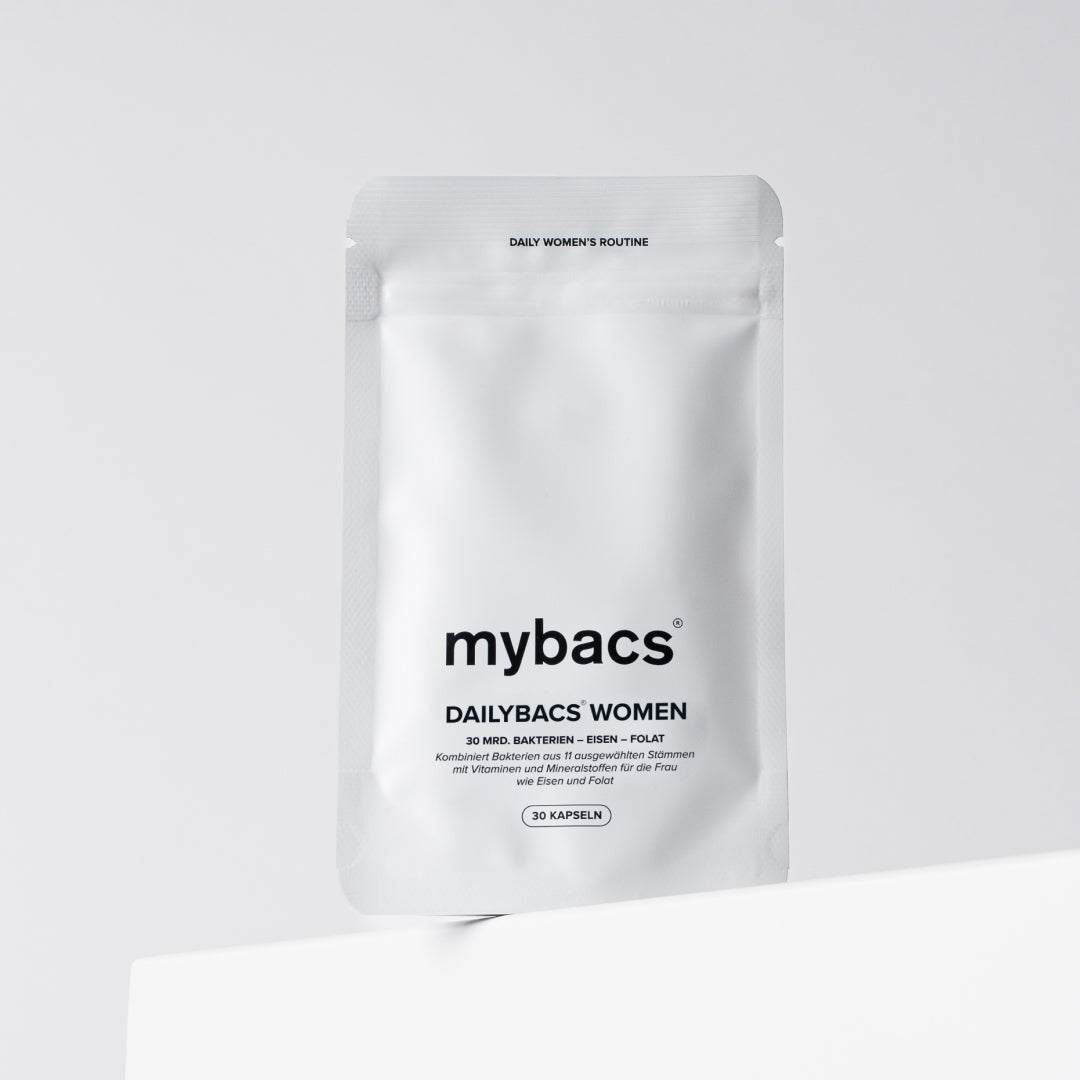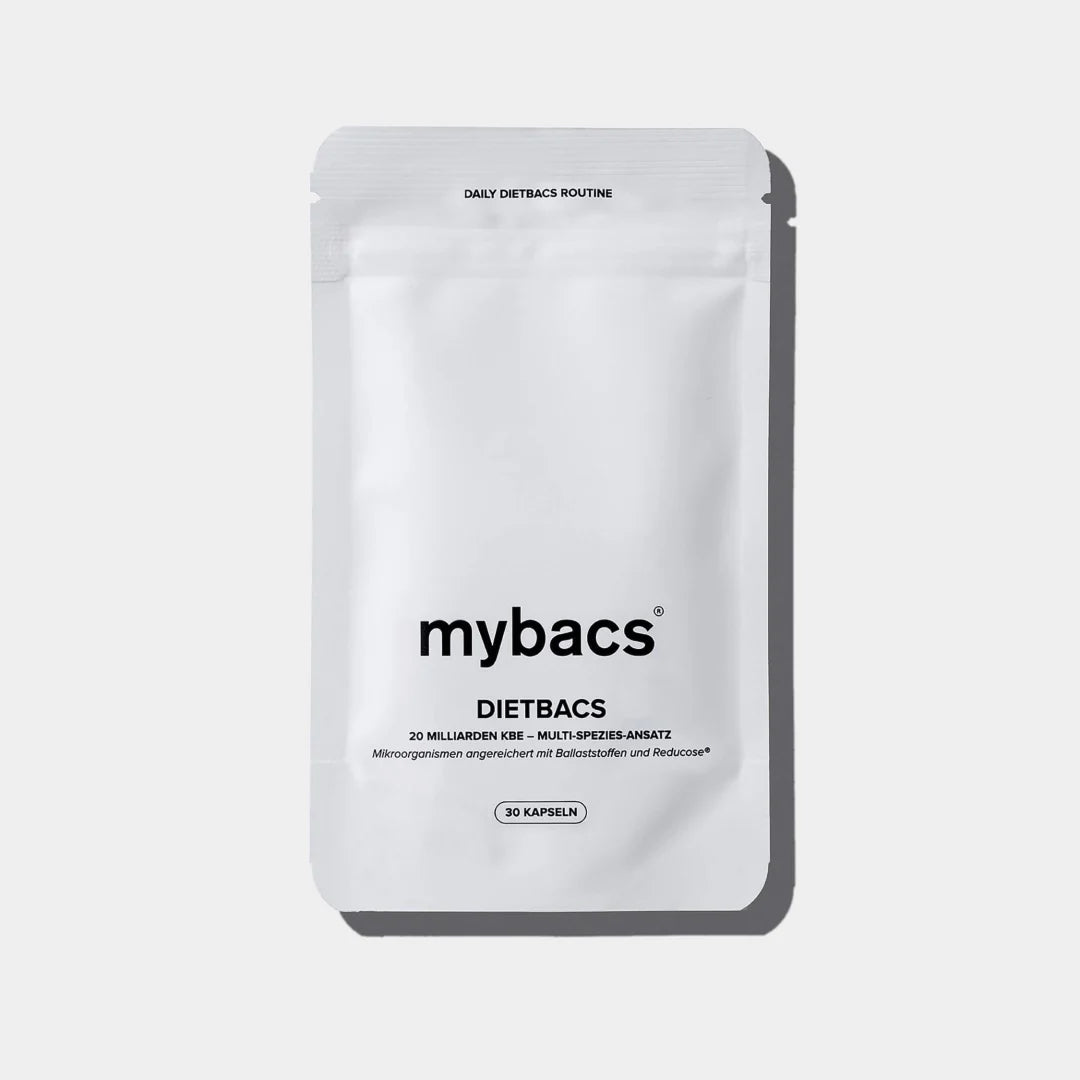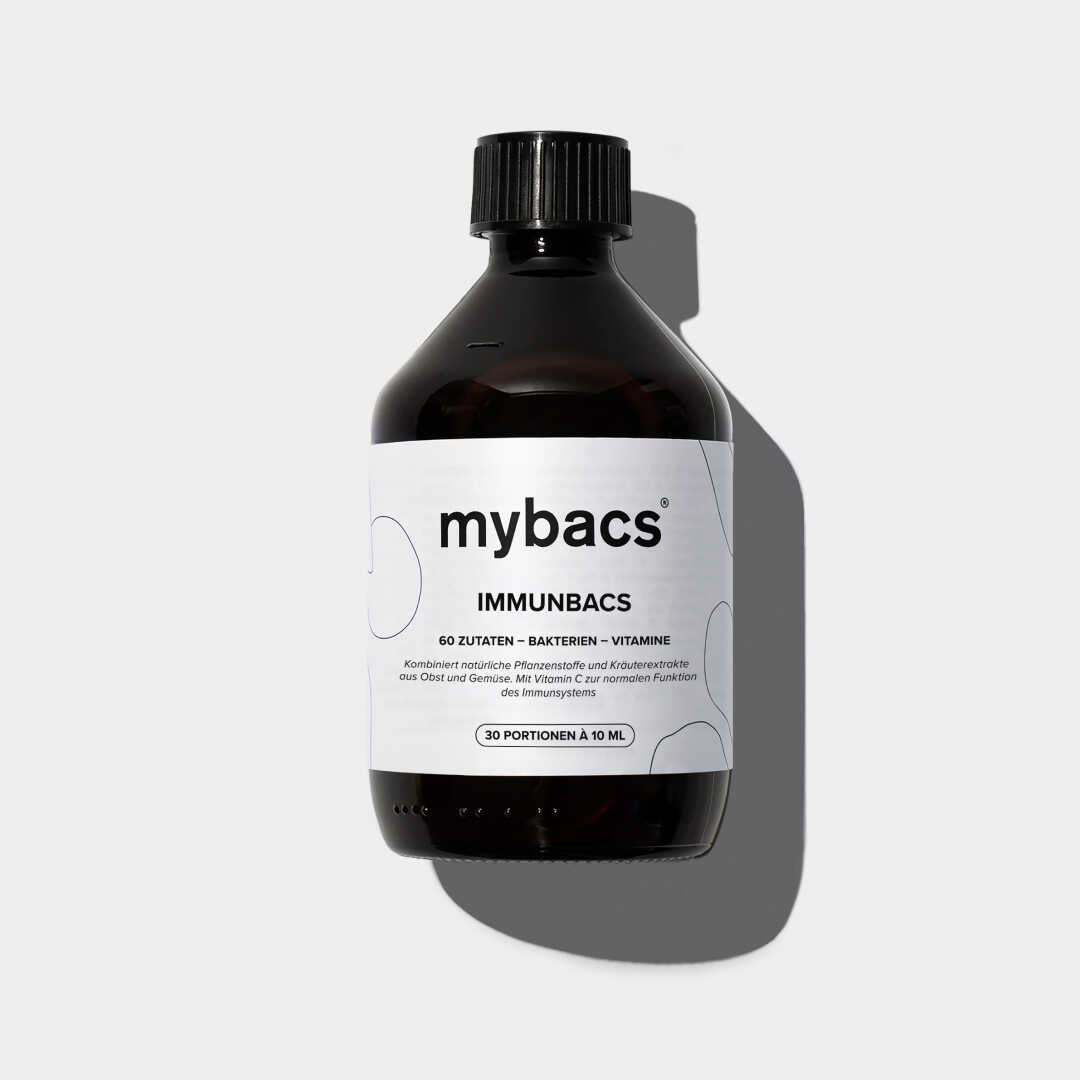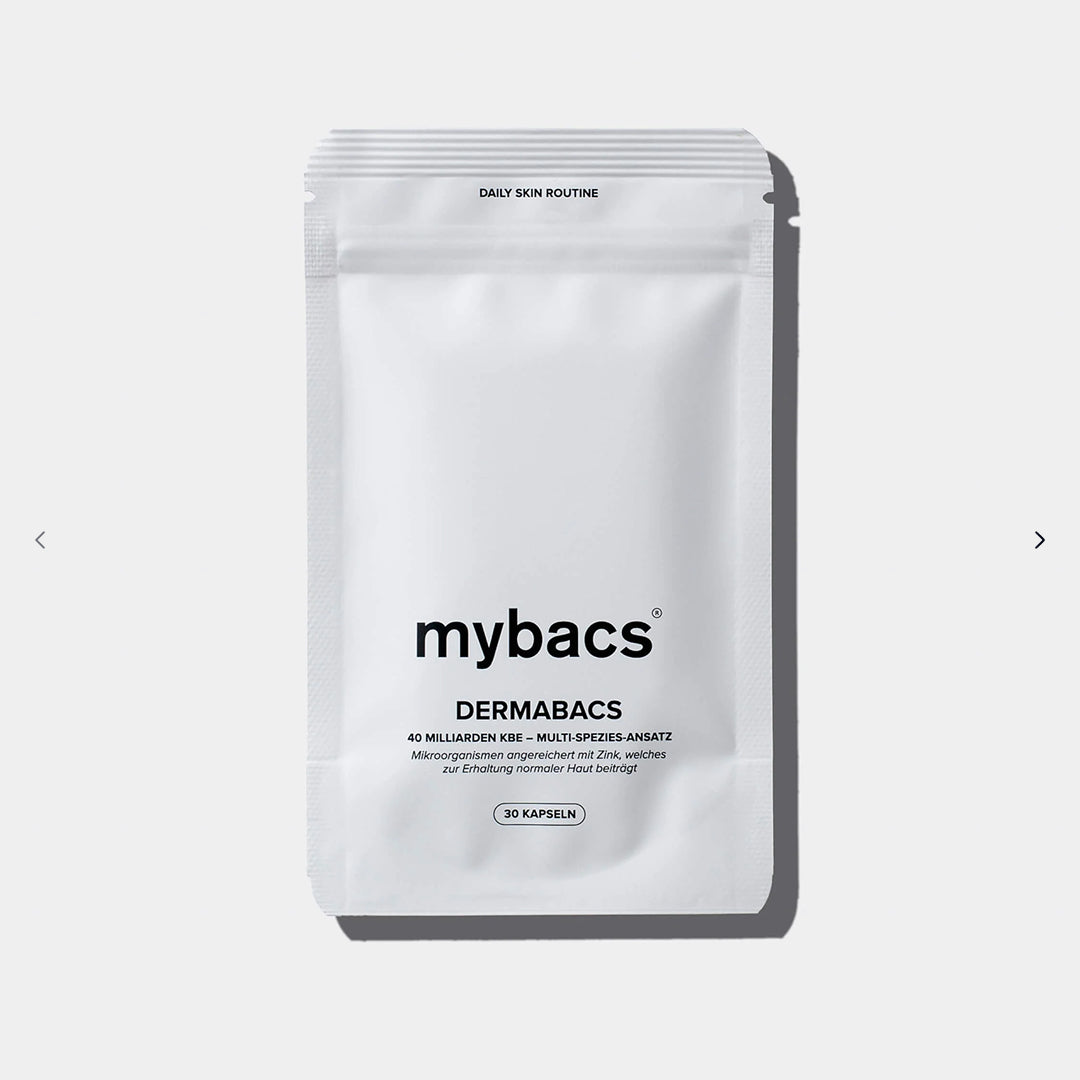In our immunity guide, you'll learn our seven insider tips for an immune boost from within.
Antioxidants
Antioxidants are known to reduce free radicals. What were free radicals again? These are unstable oxygen compounds that are missing an electron. To become complete again, they search for molecules from which they can steal an electron. If a free radical enters the body, it "steals" the electron it needs from a cell, leaving it incomplete. In science, this process is called "oxidation." Free radicals essentially trigger inflammatory reactions in the cells, while antioxidants neutralize or reduce these. Ultimately, our body is constantly in contact with and exposed to free radicals—this naturally places a constant strain on the organism. If free radicals get out of hand, this process is called oxidative stress. And, as already mentioned, this can cause or contribute to diseases. Humans can produce some antioxidants themselves, while others must be obtained through food. The latter include, among other things, secondary plant substances, trace elements such as zinc and selenium, and various vitamins!
Here is a list of foods rich in antioxidants:
- “Traffic light” colored fruits and vegetables (spinach, carrots, tomatoes)
- Whole grain products
- Legumes
- High-quality vegetable oils
- Nuts
Healing Foods
There are many foods that have been proven to be beneficial for our immune system and, therefore, our health. However, we want to focus on garlic here – because this little clove is a true miracle cure for our immune system! This is due to the active component of garlic – allicin. Allicin has powerful antibacterial properties that can prevent diseases and infections. But that's not all, because the bulb is also said to have anti-inflammatory effects, which can help your immune system function optimally. A study published in the "Journal of Immunology Research" found that allicin has a direct influence on the number of white blood cells that fight free radicals and harmful bacteria.
Microbiome
Over 70% of your immune cells are located in your gut and on the intestinal walls. This also explains why a healthy gut is so important for our overall well-being. Digestion plays a key role in metabolizing toxins as part of our natural detoxification system.
Cardio Is Key
According to a study in the journal "Medicine and Science in Sports and Experience," brisk walking can increase the circulation of white blood cells in the blood. The main function of these immune cells is to eliminate potential pathogens. All forms of endurance exercise increase hormone production, which in turn can have a positive effect on the immune system!
rest
A balanced day-night rhythm stimulates the production of cytokines—anti-inflammatory substances produced by the immune system—and also increases the production of killer cells. These, as their name suggests, improve the body's ability to fight off infections!
Less Alcohol
It is now common knowledge that alcohol is unhealthy and has a negative impact on health.However, few people realize that alcohol also has a negative impact on the immune system. Excessive alcohol consumption weakens the immune system because the body's ability to produce white blood cells decreases.
Dailybacs® on a Daily Basis
Happy gut, happy you - Our Dailybacs® lay the foundation for your well-being, providing you with 60 billion little helpers for your gut every day. A healthy gut is essential for the optimal absorption of vitamins and minerals. If your microbiome isn't intact, it reduces your body's ability to absorb important nutrients. Now you can upgrade your intake routine once again and optimally support your immune system from within.






